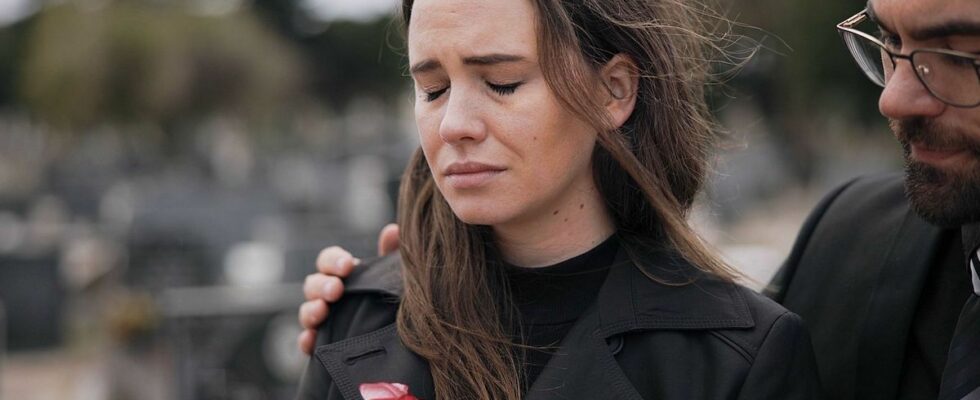Published on
Updated
Reading 3 min.
in collaboration with
Johanna Rozenblum (clinical psychologist)
Since May 31, the film “A Part of You” has been one of the most popular programs on the Netflix platform. However, it addresses a very particular theme: the loss of a beloved sister, and life without her. What does grieving a sibling involve and how do you deal with it? We asked psychologist Johanna Rozenblum the question.
Between the romantic series and thrillers that generally feed Netflix, a Swedish production recently climbed into the top 10 Netflix France with its own theme. A part of you thus evokes the mourning of a sister, and its impact on the life of an adolescent girl.
A personal drama adapted for the screen by the screenwriter
Agnes, the main character, had unfailing admiration for her big sister, the “so cool and so popular” Julia. But when a tragedy occurs, in the form of a car accident, Agnès’ world turns upside down and the young girl must then rebuild her entire life in the absence of this sister. A sensitive and well-written story, on a subject that is rarely discussed but which rings true, for good reason: the story of the film is inspired by the personal drama that marked the life of screenwriter Michaela Hamilton.
7 years ago, she also lost her 19-year-old brother in a car accident. A drama which plunged the screenwriter into disarray but also pushed her to surpass herself.
“JI felt compelled to write about both sides of loss, the immense pain of it, but also the love and hope that can emerge during this process. I’m honored to have this fantastic team bring this story to life and being able to share it with the world on Netflix is truly a dream come true.” she posted on Instagram.
The film is thus dedicated to this lost brother.
How is grieving a sibling different?
Losing a loved one is always a tragedy in one’s life, and it is not a question of establishing a hierarchy of pain. But staying when you lose a brother or sister is a very special grief that Johanna Rozenblum, clinical psychologist and member of our committee of experts, evokes for us.
“The loss of a child is always a tragedy in a family and for parents. But the mourning of a brother or sister is very, very special, because there is automatically an attention and expectations that arise and are oriented towards the living child (or adolescent).
In this context, two phenomena are frequently found among siblings.
“There is already a syndrome that is extremely difficult to live with for the child who remains and which is called “the survivor syndrome“. That is to say that the child who remains often feels guilty for not having been able to save his brother or sister (even if he is in no way involved in their death) but also wonders why he’s lucky to be alive.”
The other fact that changes is very often his relationship with his parents, his family. “We must ensure that despite this mourning, the child, or the young man or young woman who “remains” does not become a bandage child, the one who keeps his family afloat or who must carry the misery and mourning of the family, and in particular that of parents who are experiencing the loss of one of their children.
Such an upheaval does not leave the siblings unscathed, and therefore violently reshuffles the cards. This is why, according to our psychologist, in the case of the bereavement of a sibling member, support from a health professional is often necessary. to get back up the slope. “This is often particular and is achieved most of the time over the long term, to be able to gradually detach ourselves from this survivor’s syndrome. evokes our expert.
This does not prevent us from keeping a connection and loving the person who is no longer there. Many still cherish their deceased accomplice, in the writing of a book, for example, or here in the writing of a film. A beautiful tribute to allow them to exist a little longer.
